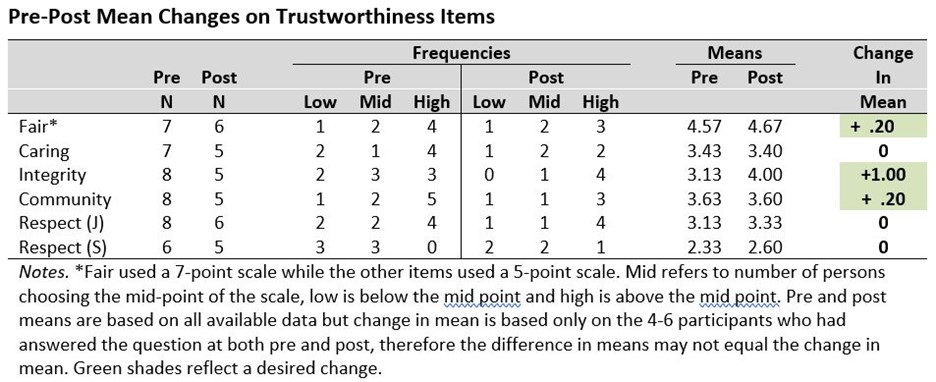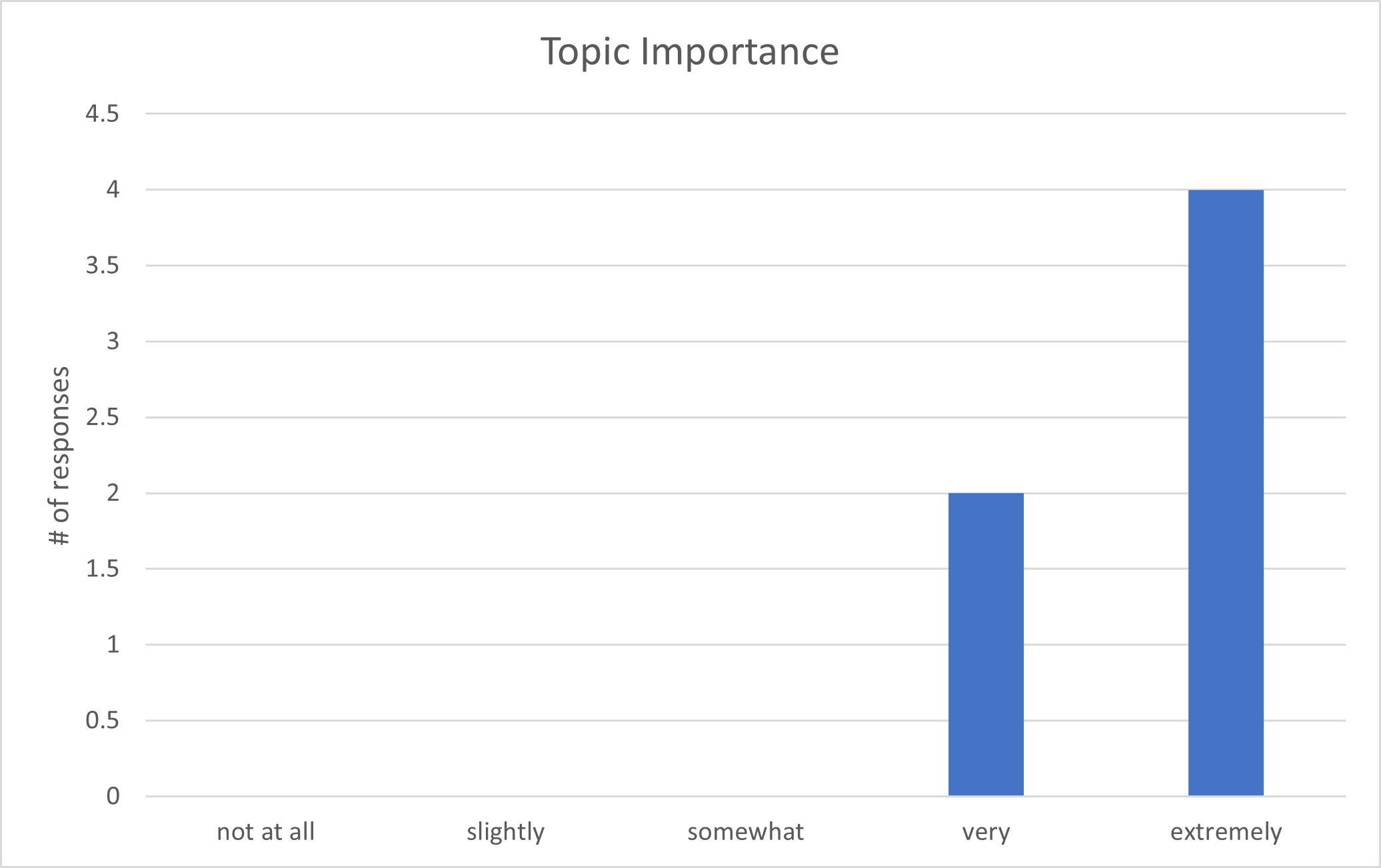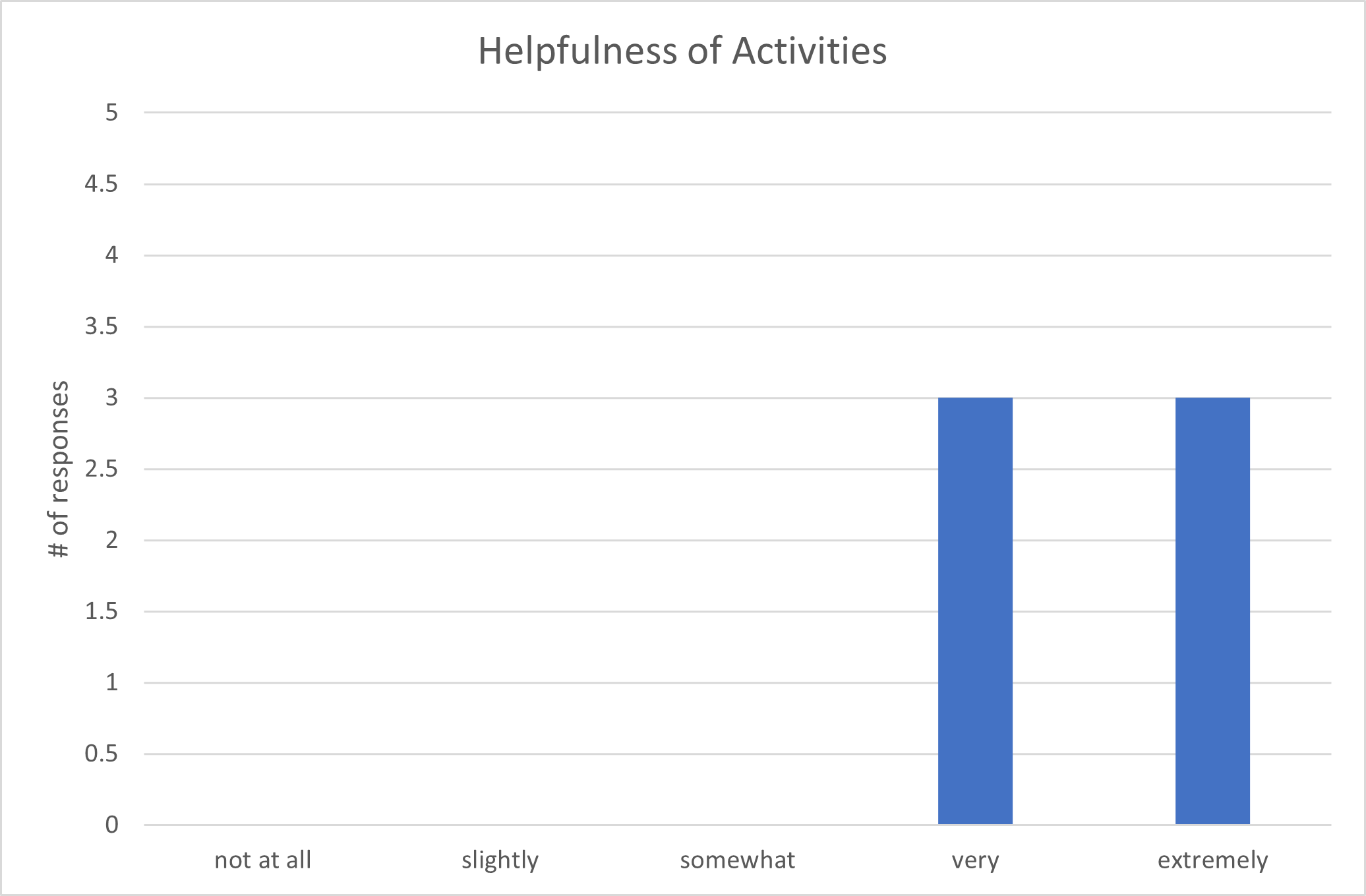
Franklin County, Ohio's Approach to Community Engagement
The Franklin County Municipal Court (FCMC) served as the lead entity managing its public engagement project. Team members included representatives from:
- Franklin County Municipal Court Specialized Dockets judges and staff
- The Franklin County Municipal Court Self Help Center
- The Franklin County Office of Justice Policy and Programs
- The Franklin County Sheriff's Office
- The Kirwan Institute for the Study of Race and Ethnicity at Ohio State University
As part of a complementary set of activities, the Franklin County team also leveraged funding from the MacArthur Foundation to examine quantitative data about disparities and barriers to municipal court access in formal and informal policies.
Goals
- Conduct outreach to minority faith and community leaders about the FCMC’s specialized docket programs.
- Identify barriers to entry facing minority residents to the court’s specialized dockets.
- Understand low minority volunteer and completion rates in the court’s specialized dockets.
Recruitment
The Franklin County team used a combination of purposive and convenience sampling to identify community leaders for their engagement process. The Franklin County team primarily aimed to recruit minority faith and community leaders to discuss access and representation disparities among FCMC’s specialized dockets.
Engagement Overview and Activities
The Franklin County team convened several preparatory meetings in anticipation of their engagement session. The team and its partners then convened a single, two-hour engagement session with faith and community leaders about the FCMC and its specialized docket programs.
The primary objective of the engagement session was for FCMC specialized docket judges and staff to engage with minority faith and community leaders regarding access to specialized dockets. The community engagement event, titled “Listening Instills Future Trust” (LIFT), provided FCMC judges and specialized docket court staff an opportunity to learn directly from community leaders about disparities in minority participation and barriers to FCMC services.
Key Feedback from Participants
Because of the limited number of participants, feedback reflects the views of the specific persons who participated in this event but may not be generalizable to all communities.
- The community lacks awareness of the municipal court’s specialized dockets.
- Participants perceived the court system and atmosphere as unwelcoming or traumatizing to defendants and users.
- Engagement participants also perceived needs for increasing the following:
- Access to adequate legal assistance to ensure attorneys can facilitate referrals.
- Opportunities for citizens to review and expunge prior convictions.
- Opportunities for mental health services for people of color.
Evaluation
The Franklin County team administered pre- and post-engagement surveys at its event. A total of eight individuals completed surveys. However, not all individuals completed both pre- and post-surveys. Due to the small number of survey respondents, statistical tests were not conducted. Evaluation results are not generalizable but do reflect the feedback of those community members who completed surveys.
Notable results included:
To assess perceived trustworthiness in the courts, participants were asked before (pre) and after (post) engagement to rate the extent to which they perceive the courts as being fair, being caring, having integrity, being part of their community, and treating all people respectfully and courteously. Items were measured on a scale of 1-5 or 1-7, with 1 meaning a negative perception and 5 or 7 being a positive perception. Whenever there was a change in trust from pre to post, the change was in the positive direction. The largest change was regarding the perceived integrity of the courts.

After the engagement, participants were asked how important the topics of discussion were and how helpful the engagement was in making progress towards solutions. Ratings were based on a scale of 1-5, in which 1 = not at all, 2 = slightly, 3 = somewhat, 4 = very, and 5 = extremely, important / helpful. All participants felt that the topics of discussion were very or extremely important, and the engagement activities were very or extremely helpful in making progress.


After the engagement, participants were asked how satisfied they were with the engagement session on a scale of 1-5, in which 1 = very dissatisfied, 2 = dissatisfied, 3 = neither satisfied nor dissatisfied, 4 = satisfied, and 5 = very satisfied. All participants were either satisfied or very satisfied with the engagement.

Participants were asked after the engagement how much knowledge they gained about the courts on a scale of 1-5, in which 1 = not at all, it stayed the same, 2 = slightly increased, 3 = somewhat increased, 4 = increased quite a bit, and 5 = increased a great deal. All participants indicated they gained somewhat or quite a bit of knowledge about the courts after the engagement.

Sustainability
The Franklin County engagement resulted in discussion and plans for future activities. Community stakeholders and FCMC specialized docket judges and staff identified several areas in which to sustain and expand their work.
The Franklin County public engagement team plans to expand discussions about community access, barriers, and minority underrepresentation from specialized dockets to the entire Franklin County Municipal Court. Additionally, the team will integrate lessons and perspectives from the public engagement project into other FCMC outreach activities, such as license clinics and “Courthouse in the Community” events.
Through the public engagement process, the Franklin County team identified potential strategies for making the Franklin Court more accessible for defendants and citizens. A new Municipal Court building is being planned in consultation with the National Center for State Courts and City partners. Design plans will integrate considerations to make the overall atmosphere more user friendly and less intimidating for visitors. Additionally, FCMC staff will review arraignment proceedings to allow for better quality interactions between citizens, legal professionals, and courthouse staff.
Lessons Learned
- Involve trusted community leaders: The Franklin County public engagement process benefited from collaborating with a well-known and connected community faith leader to recruit members of the public. Having Pastor LaMarr invite participants directly generated a level of trust in the engagement. It helped bring people to the discussion who may have not previously considered meeting with judges and other court system representatives.
- Plan for contingencies in project management: During the COVID-19 pandemic, the Franklin County team experienced changes in personnel. To ensure the project stayed on track, the Franklin County team maintained consistency in other team members, communications, and planning.



